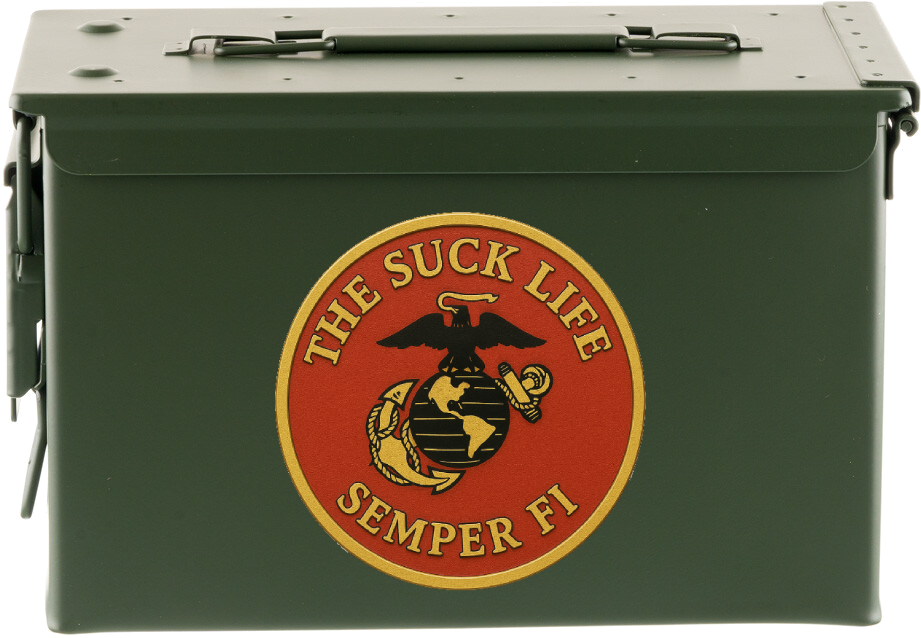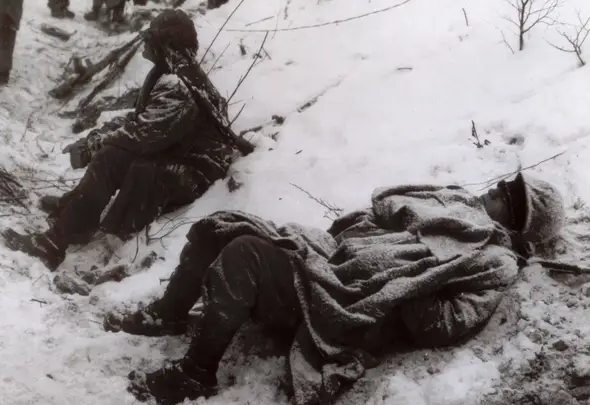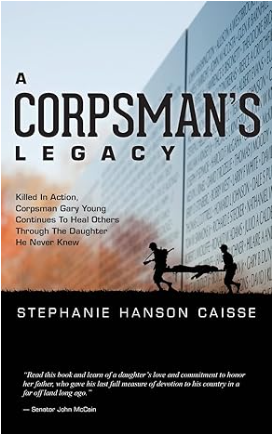The Korean War stands as a testament to the valor and resilience of those who served. Among the many harrowing episodes of this conflict, the Battle of Chosin Reservoir stands out not only for its strategic significance but also for the bone-chilling cold that tested the mettle of the Marines who fought there. In this blog post, we delve into the extraordinary account of Marines facing not only enemy fire but also the brutal cold of the Chosin Reservoir.
In the winter of 1950, as the Korean War raged on, thousands of Marines found themselves embroiled in a fierce battle against Chinese forces near the Chosin Reservoir. The conditions they faced were unimaginably harsh. The temperature plummeted to sub-zero levels, reaching as low as -40°F (-40°C). This chilling environment presented a unique set of challenges that the Marines had to overcome.
Functioning in such extreme cold weather was a Herculean task. Frostbite and hypothermia became constant threats, and every aspect of daily life—ranging from basic hygiene to weaponry—was impacted by the frigid conditions. Weapons would malfunction due to freezing mechanisms, while even something as simple as drinking water was a challenge as canteens froze and burst.
Marines reported that their rifles became so cold that their skin would stick to the metal. Frostbite could set in within minutes of exposure, making the smallest tasks painful and dangerous. Marines battled exhaustion, as the freezing temperatures compounded the physical toll of combat.
First-Hand Accounts:
The voices of Marines who survived the Battle of Chosin Reservoir provide a haunting and poignant picture of their ordeal:
Sergeant Ray Coffey: “I felt like I’d been hit in the chest with a sledgehammer. There’s a very good reason why frozen meat gets hard and cold. It’s because of the fact that blood vessels constrict so tightly that they form a solid wall, like frozen meat.”
Private First Class David Douglas Duncan: “Never has there been a campaign like the one in the Korean mountains; frozen hell.”
Corporal William Trent: “We had no sleeping bags, no tents, no nothing. We had those thin sleeping bags and we had to empty the rifles of oil, because they were frozen, clean the snow out of the barrel, because they were frozen, and fire one round into the snow each morning before loading the clip, to warm up the barrel, and that round we had to get from the rifle of a dead comrade, because our ammunition was frozen in our packs.”
Private First Class Joe Owen: “Everything was frozen. Our ponchos, our jackets, our pants, our boots, our weapons, everything we had was frozen solid.”
Sergeant Harold Zlot: “During the night, my buddy froze to death.”
Lieutenant Colonel Don Faith: “The cold was the dominating factor. It permeated every part of our bodies and was a factor in every action.”
Gunnery Sergeant John Adams: “The hardest part of the march was to keep moving, when every step was so painful.”
Corporal James P. Fox: “The snow was so deep that it was impossible to walk without being caught up to your thighs and waste deep in the drifts.”
Private First Class Julius Talo: “I was almost unconscious from pain and exhaustion. I fell and could not get up again. I wanted to die.”
Sergeant John R. Nagl: “We awoke to find it even colder. Many men had frozen to death in their sleeping bags.”
Despite the freezing temperatures and overwhelming odds, the Marines at Chosin Reservoir demonstrated unparalleled courage and resilience. Their unwavering determination allowed them to fend off enemy attacks and execute tactical withdrawals that ultimately saved the lives of thousands. Their remarkable story of camaraderie and survival in the face of extreme conditions serves as a testament to the indomitable spirit of those who serve in our armed forces.
The Battle of Chosin Reservoir remains etched in history as a testament to the extraordinary courage and determination of Marines who faced not only the ferocity of battle but also the brutal cold of winter. Their harrowing experiences remind us of the sacrifices made by those who serve to safeguard our freedoms, even in the harshest of conditions. Their legacy serves as an enduring source of inspiration for generations to come.

Ads suck. This site is 100% ad-free and reader-supported.
If this article added value to your day or meant something to you, toss a couple bucks in the ammo can to keep us in the fight. Thank you.




 Semper Fidelis
Semper Fidelis

